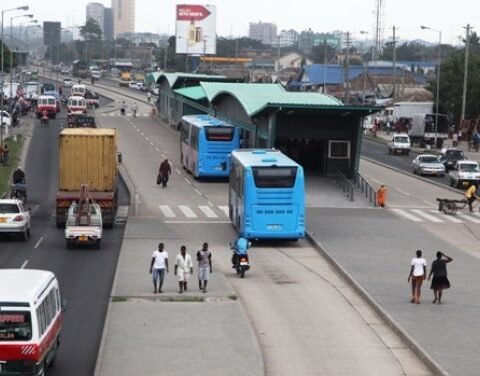More than 1.17 million pupils across Tanzania are sitting for the Primary School Leaving Examination (PSLE) today and tomorrow, marking a key milestone in the nation’s education system.
Professor Said Ally Mohamed, Executive Secretary of the National Examinations Council of Tanzania, confirmed that the candidates include 535,138 boys and 637,141 girls, drawn from 19,441 schools nationwide.
Of these students, 1,094,321 (93.35%) are taking the exam in Kiswahili, while 77,958 (6.65%) are sitting it in English. Prof. Mohamed emphasized inclusivity, noting that 4,699 candidates with special needs—including those who are visually impaired, hearing impaired, physically disabled, or intellectually challenged—are also participating under supportive arrangements.
The test spans six subjects: Kiswahili, English, Science and Technology, Mathematics, Social Studies with Practical Skills, and Civics and Moral Education.
For many families, the PSLE represents more than an academic hurdle. It is the culmination of years of sacrifice, with parents ensuring their children attend school despite challenges such as long walking distances and limited learning resources. In towns and villages alike, pupils prepared through late-night revisions and extra coaching sessions, encouraged by parents and teachers alike.
Also Read; Macron Grapples With Fresh Political Crisis After Bayrou Resigns
Communities have rallied behind their children—providing meals, prayers, and moral support—demonstrating that the examination is not just a personal journey but a collective one.
The PSLE continues to spark debate about the role of high-stakes testing in Tanzania. Supporters argue it maintains standards and readiness for secondary education, while critics warn it can widen inequalities, particularly for children in under-resourced rural schools.
According to Education in Tanzania, the country has achieved remarkable progress in primary school enrollment, surpassing 90%. Yet challenges remain in quality, with issues such as overcrowded classrooms, shortages of trained teachers, and limited infrastructure still affecting outcomes.
Performance in the exam has wider implications. Education specialists note that success in the Primary School Leaving Examination directly shapes opportunities for secondary schooling, workforce readiness, and Tanzania’s long-term development agenda.







